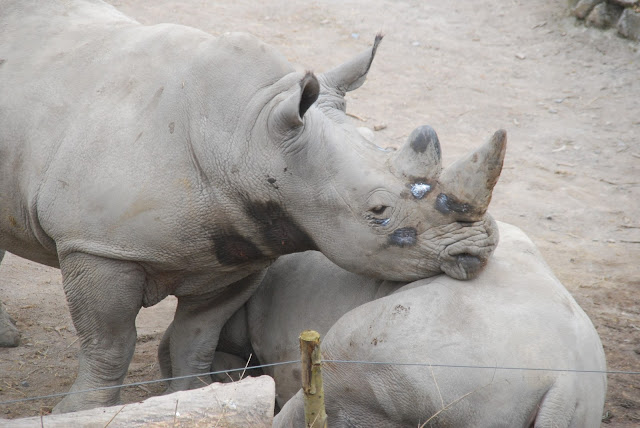When I was ill and lying on the couch I had the time to watch a lot of films. Here are a few tips for those who are interested in french movies.
La haine (1995)
La haine on nimensä mukaisesti elokuva, jossa on paljon vihaa. Se seuraa kolmen lähiönuoren elämää vajaan vuorokauden ajan. Lähiömellakoiden jälkimainingeissa poliisin ja lähiön asukkaiden välit ovat jännittyneet ja kolmikon kaveri sairaalassa. Elokuvalla on paljon sanottavaa yhteiskunnallisesta eriarvoisuudesta, mutta se kuvaa taitavasti myös kolmikon sisäisiä jännitteitä.
La haine is faithful to it's name: it's a movie that talks about hate. It follows the lives of three young men from the poor suburbs of Paris for one day. In the aftermath of the urban riots things are tense between the police and the people of the suburb and a friend of the three guys is hospitalized. The movie has a lot to say about inequality in the french society but it also has a fine way of describing the tensions between the group of friends.
Les intouchables (2011)
Tämä on sellainen hyvänmielenleffa, jossa on komediaa ja draamaa. Rikas halvaantunut mies saa avustajakseen lähiönuoren (ehkä jollain La hainen kavereista kävi tuuri?), jonka mutkaton lähestymistapa on jotakin ennennäkemätöntä. Kahden maailman törmätessä molempien elämä muuttuu. Olivier Nakachen ja Eric Toledanon ohjaama elokuva oli ehdolla kahdeksan César-palkinnon saajaksi ja Omar Sy ansaitsi roolistaan parhaan näyttelijän César-palkinnon.
This is a feel good movie that mixes comedy and drama. A rich paralyzed man gets a new personal assistant who happens to be a young man from the suburbs (the poor kind like the guys in La haine). The young man's unpretentious approach is something that no one has seen before. When two worlds meet, the lives of both of the men change. The movie directed by Olivier Nakache and Eric Toledano was nominated for eight César awards and Omar Sy got the Best Actor César for his role.
Le dîner de cons (1998)
Pierre Brochant osallistuu viikoittain ystäviensä kanssa illallisille, joille jokainen tuo mukanaan "idiootin", jonka kustannuksella pidetään hauskaa. Tällä kertaa miehen kutsuma lempeäluonteinen idiootti kuitenkin sotkee hänen elämänsä ja antaa hänelle opetuksen. Komedia vaikutti aluksi aika julmalta, mutta onneksi asetelma kääntyy ja katsoja pääsee nauramaan.
Pierre Brochant attends weekly dinners of with his friends where each is supposed to bring along an "idiot" so that they can make fun of him. Only this time the friendly "idiot" he invites messes up his life and teaches him a lesson. The comedy seems a little cruel in the beginning but tables turn quickly and you get to laugh freely.
Amour (2012)
Vaikka Amour ei olekaan kaikissa suhteissa ranskalainen elokuva, listaan nyt senkin tänne. Palkintoja kahminut elokuva kertoo vanhan pariskunnan rakkaudesta, joka kestää vaimon halvaantumisen ja vajoamisen lähes tiedottomaan tilaan. Elokuva on melko raskas ja hidas, mutta erittäin puhutteleva.
Even though Amour isn't entirely french, I'm going to add it to the list. The award-winning movie tells a story of the love of an old couple, a love that lasts through the stroke suffered by the wife and her sinking into a nearly unconscious state. The movie is quite slow and heavy but it conveys big ideas.



























